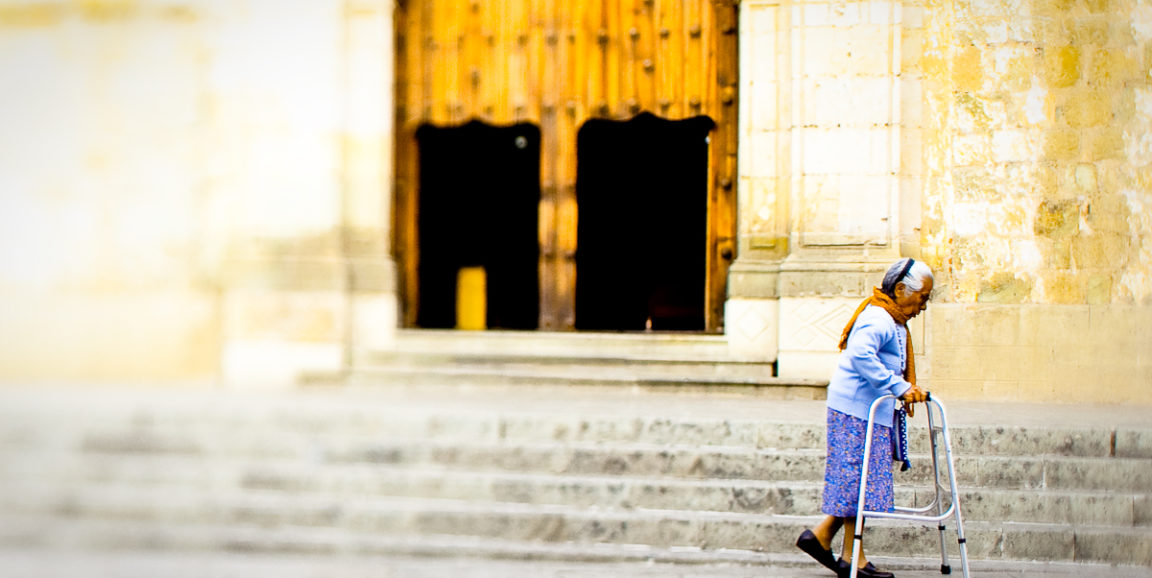An estimated 5.7 million Americans are living with Alzheimer's, a number that is projected to rise to more than 13 million by 2050, according to the Alzheimer's Association. And, also according to the organization, early and accurate diagnosis of patients could save up to $7.9 trillion in medical care costs.
For that reason, a group of researchers recently came up with a plan: to develop a low cost, simple screening tool for Alzheimer's disease and related dementias. The idea was for patients to use the tool prior to seeing a clinician, perhaps after they get their blood pressure and weight measured by a medical assistant.
The result was a free app - launched last month - that provides patients with a 30-question survey that can be taken in 2 or 3 minutes. The results are instantly tallied and presented to the clinician as a numerical score indicating whether follow-up is warranted.
"The problem we're facing is that while rates of Alzheimer's disease and related dementias are rapidly increasing, about half of all cases go undiagnosed," said Blake Scanlon, PhD, director of training and education for the Stanford/VA California Alzheimer's Disease Center, and part of a three-person team that created the app. Jerome Yesavage, MD, a Stanford professor of psychiatry, and LaRoman Green, research coordinator, also worked on the app.
Causes for this lack of early detection include patients not seeking care due to misperceptions that nothing can be done to cure or treat dementias, Scanlon told me. Also, many general practitioners either aren't well versed in warning signs or simply don't have the time to screen for them during a routine 10- to 15-minute appointment. The result is a lot of missed opportunities to improve care, prevent emergencies, and even, in some cases, the possibility of treating or curing the disease.
"Too many patients are showing up in emergency rooms with advanced cases of dementia never having been diagnosed before," Scanlon said.
Studies suggest that there are multiple causes of Alzheimer's disease, and that there are quite a few things that actually can be done to delay or prevent severe dementia, according to Jauhtai Cheng, MD PhD, a VA Palo Alto Health Care System neurologist and clinical assistant professor in psychiatry at Stanford who treats patients with the disease. Important factors include getting adequate exercise, a proper diet, social interaction and stimulation of the mind.
"One thing about dementia is that there are different kinds, but in the end, all cases look the same if left untreated," he said. "Some types are reversible in the early stages. If they know in advance and prepare, patients can live longer and healthier lives with less cognitive impairment. That is the good news."
Advance warning of the illness is also crucial to help caregivers and family members plan for the future, helping to prevent accidents by such methods as setting up tools to help take medication or, say, setting up safe and reliable transportation to the super market or doctor's appointments, Scanlon told me.
The 30 questions on the app that he and his colleagues put together are divided into two sections. The first 15 screen for depression, which is often an early warning sign of dementia; the second set screen for signs of dementia. The questions can be answered by the patient or someone who knows the patient well, and sample questions include: "Does the patient appear inattentive to dress, appear unkempt, or dress inappropriately for the weather?" and "Does the patient get confused about medication timing or dosing?"
The app, which was funded by the State of California, is called the Geriatric Depression and Dementia Scale (GDDS) and is now available for Android, iOS and Windows 10 devices.
The researchers plan to release in the near future a "tool kit" with educational materials designed to help guide primary care providers on how to talk to family members about symptoms and when to refer patients out to a specialist.
Photo by Greg Westfall




